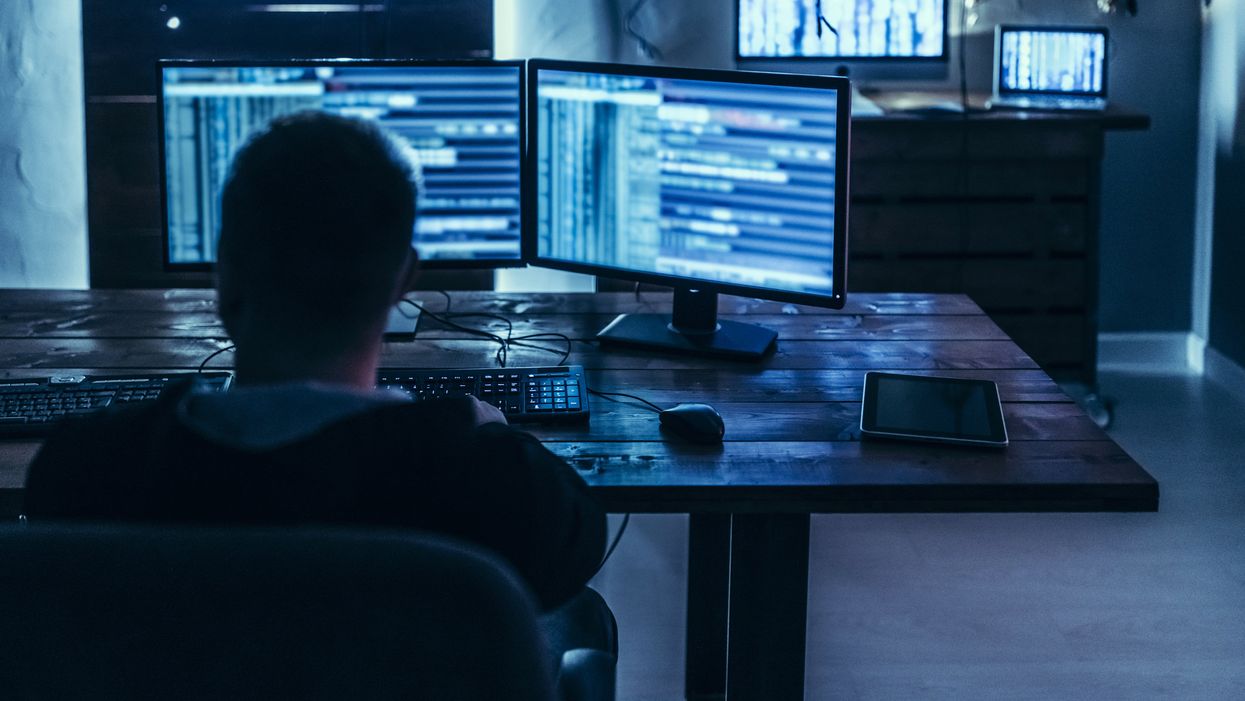The nation's professional computer geeks are very worried about the security of the election.
A survey of more than 3,000 IT professionals by their trade association, released Tuesday, found a broad array of anxiety about what state and local officials have done to prepare for the presidential vote (and left undone) — especially since the coronavirus pandemic has upended their priorities in the last six months.
Among the top-line findings:
- 63 percent say they are confident in the resilience of the voting equipment, electronic poll books and other electoral infrastructure the country will rely on in seven weeks.
- 56 percent say they have become less confident in election security since the onset of the pandemic, which has shifted much of the attention about election preparation to the challenges of a surge in voting by mail.
- 57 percent believe the money that's been spent since 2016, when evidence of Russian interference propelled interest in election security, has not been sufficient to prevent hacking of the coming election.
The survey found these professionals most concerned about misinformation and disinformation campaigns, tampering with the tabulation of voting results and the hacking into or tampering with voter registration servers or voting machines.
The survey was conducted by ISACA, formerly known as the Information Systems Audit and Control Association, which in July questioned more than 3,000 IT governance, risk, security and audit professionals nationwide.
Greg Touhill, an ISACA board member, acknowledged that most election officials have "sound election security procedures in place" in the wake of the mostly failed attempts by Russian agents to hack into election systems four years ago.
"This means that governments, from the county level on up, need to clearly and robustly communicate about what they are doing to secure their election infrastructure," he said.
In the past two years, Congress has provided $805 million in grants to the states to bolster their election security funding and $400 million to help with election expenses related to Covid-19. The Democratic-majority House approved another $3.6 billion for election aid in May, but negotiations with the Trump administration and the Republican Senate over the underlying economic recovery package have stalled ever since.
The survey of IT professionals found that a majority favor public education about misinformation as a way to boost public confidence in the election.
Other ways to improve public confidence identified by survey participants include using voting machines that provide a paper trail that can be audited and increasing training for election and election security officials.



















 Senate Committee on Commerce, Science, and Transportation ranking member Sen. Maria Cantwell (D-WA) (R) questions witnesses during a hearing in the Russell Senate Office Building on Capitol Hill on February 10, 2026 in Washington, DC. The hearing explored the proposed $3.5 billion acquisition of Tegna Inc. by Nexstar Media Group, which would create the largest regional TV station operator in the United States. (Photo by Chip Somodevilla/Getty Images)
Senate Committee on Commerce, Science, and Transportation ranking member Sen. Maria Cantwell (D-WA) (R) questions witnesses during a hearing in the Russell Senate Office Building on Capitol Hill on February 10, 2026 in Washington, DC. The hearing explored the proposed $3.5 billion acquisition of Tegna Inc. by Nexstar Media Group, which would create the largest regional TV station operator in the United States. (Photo by Chip Somodevilla/Getty Images)
